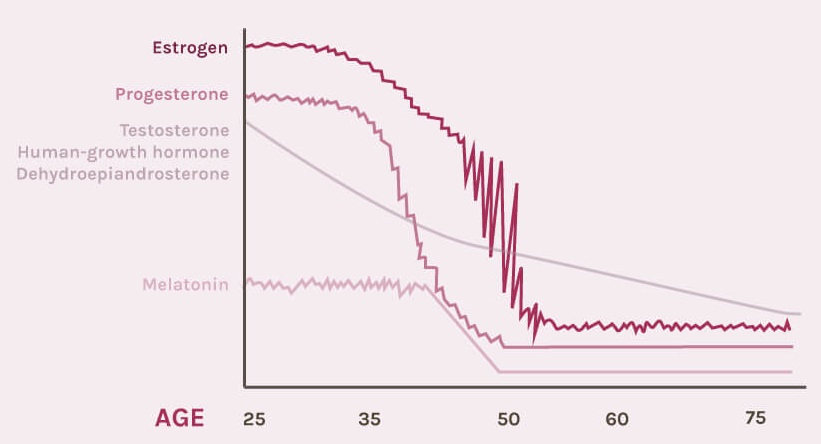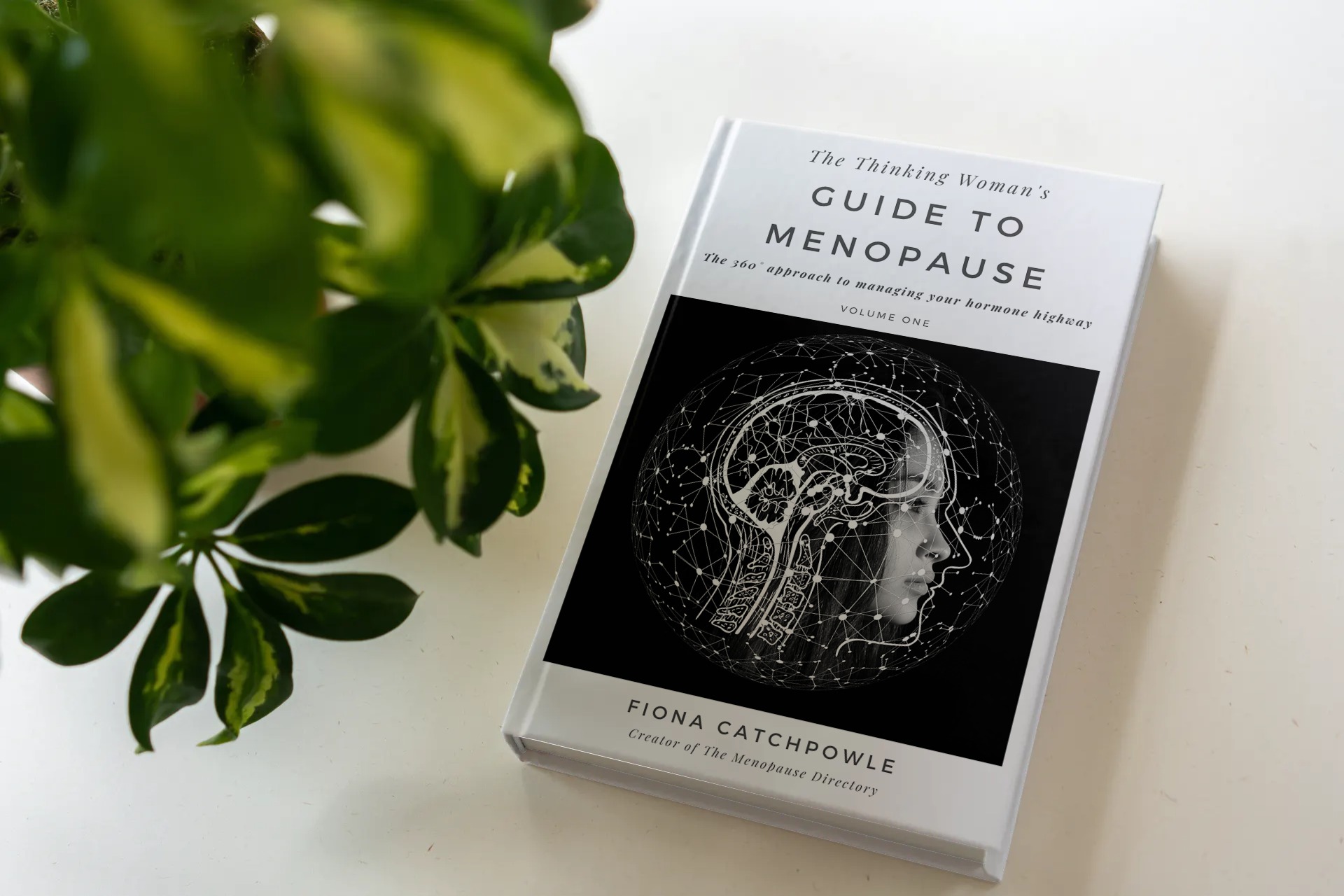MY MENOPAUSE DIARY
There is more to menopause than meets the eye

Fiona Catchpowle
1 January 2021
Yes there are symptoms to navigate, cope with and learn to live with, but menopause is so much more than that. There are the variables to consider, such as the date it starts and finishes, the symptoms you notice, and the ones you don’t. But combined with the facts it is an inevitable event, a very enlightening experience, and will be on your radar for the rest of your life, is remarkably unexpected. How could I have missed this particular memo?
As the collection of symptoms started to assemble in my mid 40s I initially muddled my way along. Realising fairly early on that this could turn into a lengthy process, of a further 5 years or so, I did some intense research. This meant knuckling down and ultimately I figured out how to navigate all of my symptoms naturally – in other words, without medical intervention. I systematically conquered every ache and pain, brain fog, crushing fatigue, heavy period and chronic anxiety with careful consistent actions. I tuned into every nano second of my mind and body. In the most part it was an isolating experience as, apparently, it’s not something we talk about. I am yet to completely understand the reasons why.

No one gives you a map for your menopause.
Maybe they should.
I used to wear my ‘I did it naturally’ badge with pride and smugness. I conquered menopause with will-power and my own science. I was amazing, and basked in the glory of my super powers. I wasn’t going to be on drugs the rest of my life, that was for wimps. Not only that I managed to lose 15kg in weight over 3 years and kept it off. I was a legend in my own lunchtime. Turns out that wasn’t the full story.
During 2019 I gleefully plunged into the world of menopause online content and social media as part of my work life. What I discovered next was that my facts were only half truths, and I’d missed some pretty important information. My awesome halo turned out not to be as shiny as I first thought.
“I was through the worst, been there, done that, bought the t-shirt and had my smug bitch badge for good measure”
The long term consequences of hormonal decline that affect our health until the day we die, seems to be a very much overlooked aspect of women’s health and wellbeing. As I started to experience menopausal symptoms I definitely did not know that postmenopause, conditions like type 2 diabetes, osteoporosis, cardio vascular disease and dementia are linked to long term low levels of our reproductive hormones. Coaching our mind and bodies through the fluctuating levels of hormones is one thing, but to find out that the decisions we make now in the midst of a physical and psychological tornado will affect our entire future health, was quite frankly a very daunting fact. I’d learnt the basics about hormonal decline after attending a talk on Bio-Identical hormones. The image we were presented with was very similar to this one:

Hormonal decline as we age.
I started to join the dots
When I first saw this 3 years ago, a lot of what was happening to me made sense, but it was still unclear what you were supposed to do to make the menopausal years more bearable, apart from taking hormones. I carried on doing what as I was doing ‘naturally’ as I knew it was helping and figured it was still the best solution. I now knew about the change in hormone levels from high to low, but not the significance of the whole story and the impact of low levels for some 30-40 odd years. Women have been going through menopause for years so what’s the big deal?
May 2019 saw an explosion around the topic on TV for a whole 5 days with #BBCMenopause. I was in the thick of the digital dialogue and the conversation kept coming back to the consequences of long term health, after menopause. Of course there was a huge amount talked about symptoms that week and how challenging those years can be, but I was through the worst, been there, done that, bought the t-shirt and had my smug bitch badge for good measure. But what about these consequences? What was I missing in the big picture?

Compared to our reproductive years post menopausal women are at higher risk of cardio vascular disease, osteoporosis, type 2 diabetes and dementia. Why? Turns out the oestrogen is rather damn important for practically everything going on in our body. Those delightful transition years from high oestrogen to low oestrogen (aka perimenopause), are a biologically speaking a really bad attempt by Mother Nature to prepare our bodies for a fraction of our premenopause levels. So what, it’s been going on for millions of years and no woman has died of menopause? (maybe the odd Man has)
I’m sat there thinking, well I’m doing really good with my nutrition, exercise and lifestyle choices – I’m frickin Wonder Woman, so surely all this amazing preparation will stand me in good stead for practically zero oestrogen. What’s the worst that can happen? Guess what? The worst can still happen.
You may slide into postmenopause sideways, clutching your badge of honour after a horrendous 5 to 10 years of mental and physical crap, rising above the noise, coping, struggling a bit longer, doing it naturally because you truly and honestly think that is the best way to manage your menopause based on every good lesson you have ever had, just like me, but the news flash is that all your teachers lied. Not deliberately, they just didn’t know the whole truth. Based on sound moral judgement they filled in the gaps, and the myth perpetuated that this is what we do. It’s part of being a women and something we just have to deal with. Suck it up and crack on.
If menopause is not optional, the symptoms are variable, but the consequences are real – where do we sit then?
Part 2 coming soon
Subscribe to our Awesome Newsletter.

